Open educational resources (OER) are free teaching and learning materials which are in the public domain or which have been distributed by their creators under open licenses—licenses which say the materials may be reused, revised, remixed, redistributed, and retained.
OER encompass everything from instructional content to course planning and learning assessment tools, in either digital or analog formats. Specifically, today's OER take the form of open textbooks, online learning modules, recorded lectures and demonstrations, course outlines, syllabi, and lesson plans, quizzes, scoring tools, and grading rubrics, and much, much more.
While adoption of OER in higher education has surged within the past year, awareness remains low among U.S. faculty overall. Cook Library has created this guide to encourage and facilitate wider use of OER at Towson University.
Today, anyone with access to a computer and the Internet has a wealth of free content at their fingertips. Faculty and students at Towson University also have access to a wide range of additional scholarly content—databases, e-journals, and e-books, licensed by Cook Library and available at no cost (beyond student tuition & fees).
But nearly all of these materials are protected by copyright. So, while they may be free to access, they can’t be copied, revised, or redistributed without first considering whether doing these things, even for educational purposes, is legal.
OER are different, because they’re either in the public domain and therefore not protected by copyright, or because they have been distributed by their creators under an open license.
As long as you comply with their license terms, OER can be freely reused, adapted, and redistributed. Often the license terms are no more onerous than providing a credit or attribution for the original creator of the work. More information can be found on our Licensing and Accessibility page.
If a particular OER doesn’t entirely meet your teaching needs, you can revise it, or remix it with something else, like another OER or perhaps something of your own creation. This makes OER a game-changer, pedagogically speaking.
Intrigued? Maybe even excited by the instructional potential of OER?
Go to our Why Should I Use OER? page for more on the benefits of incorporating these resources into your teaching. Or start exploring what types of OER are available by checking out our Where to Find OER page.
